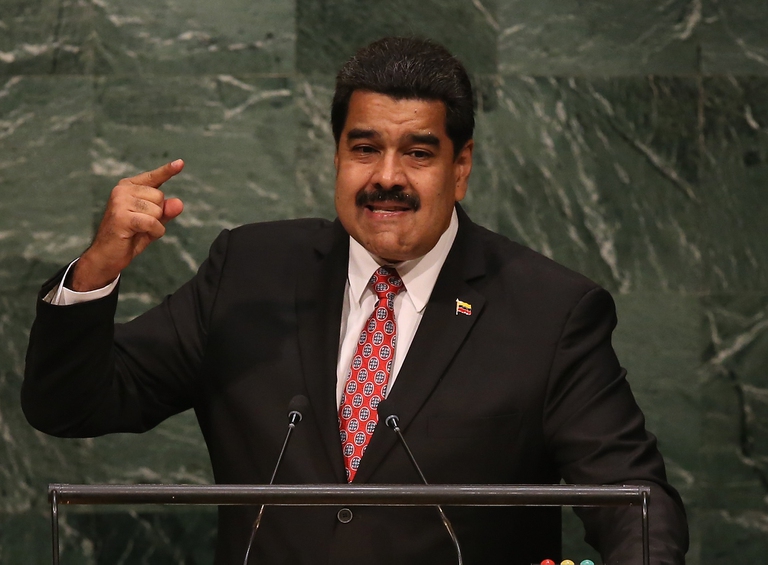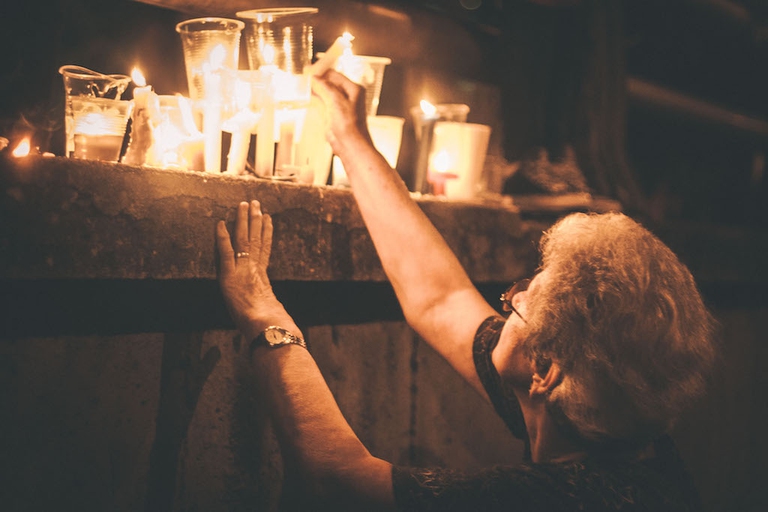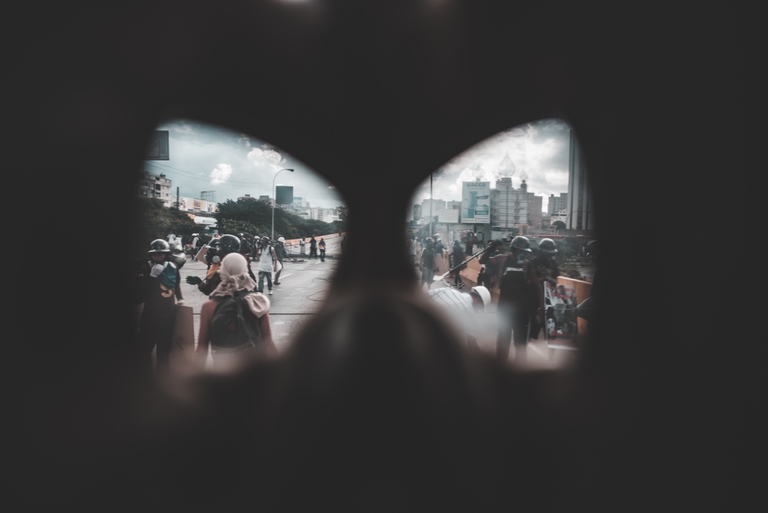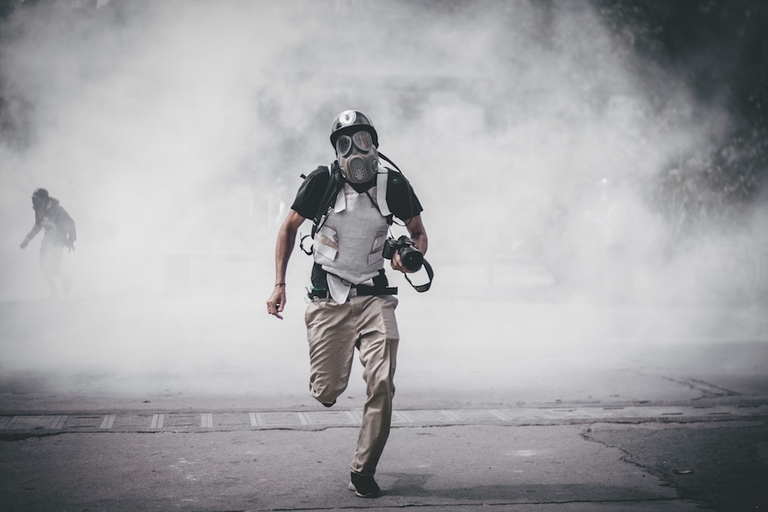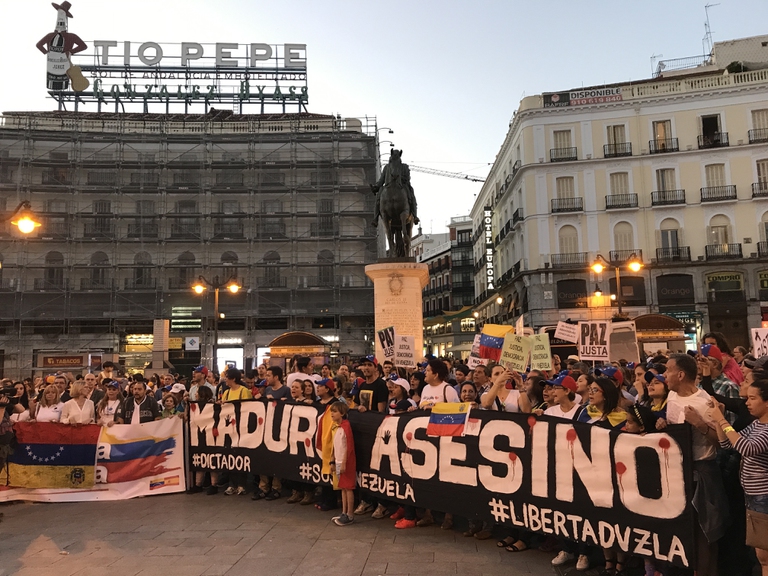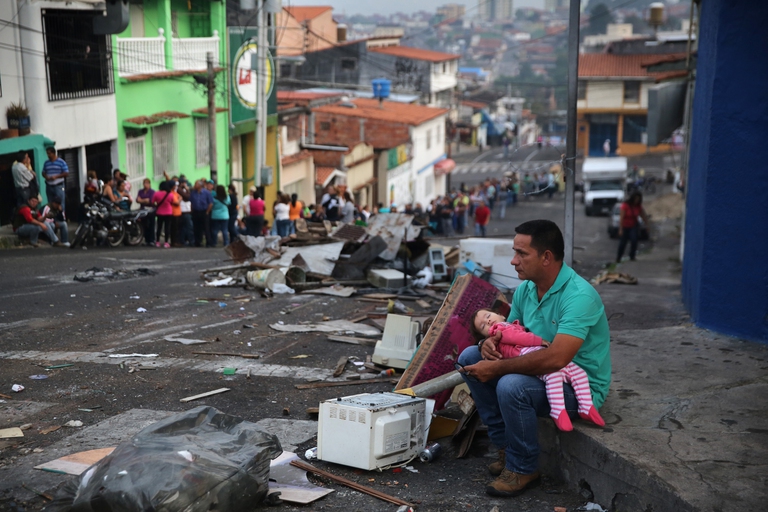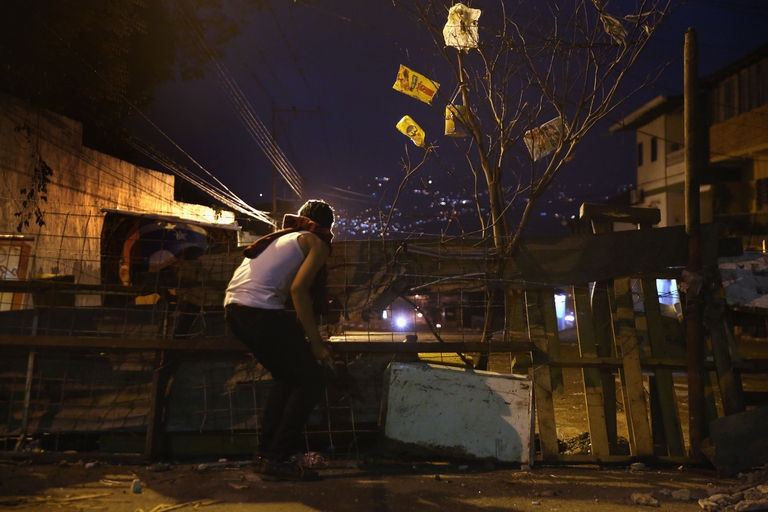
From Nepal to Morocco, from Madagascar to Peru, many antigovernamental protests that took place these weeks were led by Gen Z protesters.
On the 30th of July the Venezuelan government led by socialist President Nicolás Maduro celebrated the results of contentious elections to form a new governing body called the Constituent Assembly with the mandate to replace the 1999 Constitution. The recently created institution removed Luisa Ortega, the country’s chief prosecutor and a critic of the Maduro regime, from
On the 30th of July the Venezuelan government led by socialist President Nicolás Maduro celebrated the results of contentious elections to form a new governing body called the Constituent Assembly with the mandate to replace the 1999 Constitution. The recently created institution removed Luisa Ortega, the country’s chief prosecutor and a critic of the Maduro regime, from office on the 5th of August, its very first day of work. The worsening political situation also resulted in a group of armed rebels self-declared as the 41st Brigade in Valencia, the capital of Carabobo state, attacking a military base the following day.
The critical economic situation triggered by plummeting oil prices has exacerbated the political crisis and public outcry. Crude oil accounted for 97.7 per cent of merchandise exports from Venezuela in 2013. With the prices of this commodity going from 100 dollars per barrel the current level of 49 dollars, the country hasn’t been able to sustain its famously robust social welfare programmes. As a result, once among the most prosperous countries in Latin America, nowadays Venezuela faces acute food and medicine shortages, with data showing that 76 per cent of hospitals don’t have access to basic medicines and 93 per cent of the population don’t earn enough to cover family food needs.
Read more: Crisis in Venezuela, what is happening and why President Maduro is at risk
The drastic move to create the Constituent Assembly, aimed at consolidating Maduro’s power and undercutting the opposition, is another tassel in the midst of this social, economic and constitutional crisis. The political conflict originated in December 2015 when the United Socialist Party of Venezuela (PSUV), the incumbent’ party, lost its majority in parliamentary elections. In March 2017 the Supreme Tribunal of Justice, staffed mostly with supporters of the president, took control of the legislature by dissolving the National Assembly, Venezuela’s parliament. Since April 2017 at least 157 people have been killed in 6,729 protests organised nationwide, external observers denounce. Furthermore, the president’s approval ratings are oscillating around 20 per cent.
The elections leading to the formation of the Constituent Assembly met with condemnation from numerous international institutions, foreign governments and Venezuelan civil society. National opposition points to the fact that the ballot included only candidates from Maduro’s party and that voters weren’t given the option to reject the creation of the assembly.
On the 5th of August Mercosur, the leading regional institution for economic integration, decided to suspend Venezuela’s membership in order to deepen the political isolation of Maduro’s regime. The decision was met positively by the Organisation of American States (OAS), another regional integration body, which called it “an exemplary statement in defence of the principles that unite our countries and convey a message of hope and support to the people of Venezuela as they are fighting for their rights and freedom”.
The new superbody has already removed chief prosecutor Luisa Ortega – highly vocal about human rights abuses and the unconstitutionality of the government’s actions – from office. “We’re merely a small sample of what comes for anyone who will dare oppose a totalitarian form of government,” Ortega wrote in a statement addressed to the Venezuelan people. Officially her ousting has been carried out due to “grave offences” for which she will be facing a disciplinary commission. In the meantime, her assets have been frozen, she has been prohibited from leaving the country and isn’t allowed to hold any public post.
#OAS General Secretariat supports the decision by MERCOSUR on #Venezuelahttps://t.co/rRliGgM1G1 pic.twitter.com/nfKNId0ZEy
— OAS (@OAS_official) 6 agosto 2017
On the 6th of August a group of armed rebels from Carabobo, a state near Caracas, released a video in which it declared the need to “reestablish the constitutional order and save the country from total destruction,” urging the legislative assembly to “recognise and respect the will of the people to be liberated from the tyranny”. At least one person has died, one has been injured, and seven have been detained as a result of the confrontation between the rebelling soldiers and the military in Valencia. “We’ve been targeted by a terrorist attack,” Jesús Suárez, the Army Commander General, commented the events. On this part, Maduro has promised that “we will get them,” referring to the armed rebels involved.
The Venezuelan constitution established in 1999 by deceased socialist leader Hugo Chávez mandates that it can’t be repealed by force and, instead, only through a procedure that complies with that indicated in the document. If those measures aren’t satisfied the constitution calls “every citizen (…) to assist in bringing it back into actual effect”. In its last provision it also states that, “the people of Venezuela (…) shall disown any regime, legislation or authority that violates democratic values, principles and guarantees or encroaches upon human rights”. As the situation stands, the government of Venezuela has undertaken extreme steps to consolidate Maduro’s power, resulting in the erosion of political freedoms and the rule of law in the country.
Ravaged by political, economic and ideological upheavals, Venezuela is suspended between two fatalistic scenarios. On the one hand, a coup and civil war don’t seem so unlikely, and on the other the fear of repression might push the nation into surrender. Only time will reveal if there still exists some intermediate position along this disturbing spectrum. The recent elections and the chief prosecutor’s dismissal indicate that Venezuelans need to face the decision now, because soon there will be a lot less left to save.
Siamo anche su WhatsApp. Segui il canale ufficiale LifeGate per restare aggiornata, aggiornato sulle ultime notizie e sulle nostre attività.
![]()
Quest'opera è distribuita con Licenza Creative Commons Attribuzione - Non commerciale - Non opere derivate 4.0 Internazionale.
From Nepal to Morocco, from Madagascar to Peru, many antigovernamental protests that took place these weeks were led by Gen Z protesters.
Joe Biden breaks ahead. Sanders falls but stays in the race. Bloomberg is hanging by a thread. Warren is invisible. The final results of Super Tuesday, a key day in the Democratic primaries to choose the candidate for the the US presidential elections.
“Local leaders have to ensure that changes happen. Every action a city takes for climate has an impact on the whole world”. We interviewed Ekrem İmamoğlu, Mayor of Istanbul, about mayors’ key role in tackling the global climate crisis.
Il giudice Steven Reed è diventato sindaco della città del profondo Sud, culla del movimento per i diritti civili.
A successful day for Greens and nationalists, while traditional parties suffer. The outcome? A European Parliament divided into homogeneous “slices”. The final results of the European elections 2019.
From 23 to 26 May voting will take place in the European Elections 2019. Who can vote, who the candidates are and how to vote to elect the 751 representatives at the European Parliament in Strasbourg.
After a series of diplomatic assignments, including with the United Nations, Sahle-Work Zewde has become the first female president of Ethiopia.
The House goes to the Democrats, the Senate remains Republican. But the midterm election results are positive especially for women. How the vote for Congress and 36 governors went.
In the midterm elections of the 6th of November, in 36 out of 50 United States a new governor was chosen on top the members of Congress. Here are all the results of the gubernatorial races.
